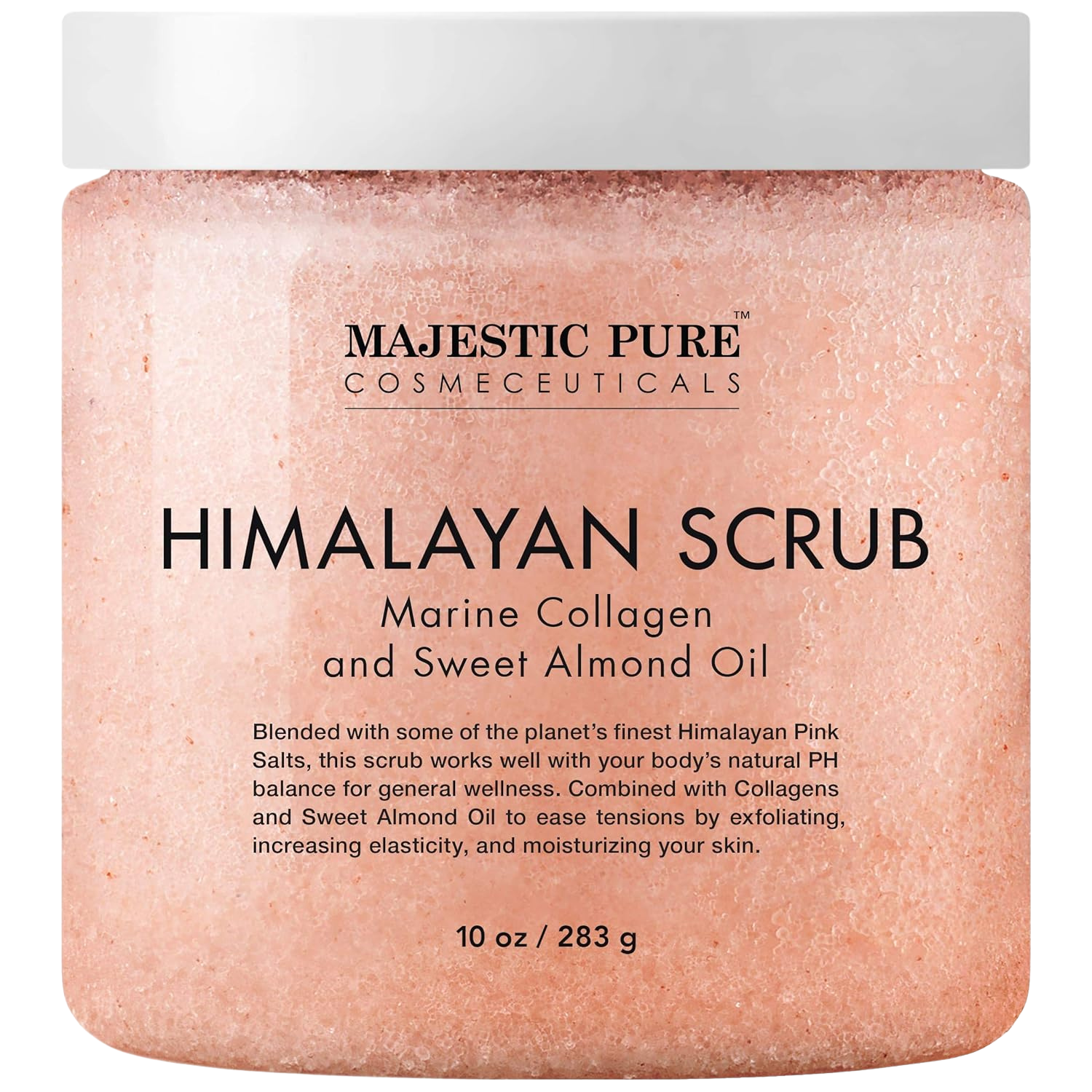Introduction and Quick Summary
If you’re searching for a nutritious yet delicious meal option that the whole family will love, look no further than these Healthy Turkey Meatballs. Packed with protein and bursting with flavor, these meatballs are not only easy to prepare but also versatile enough to fit into various dishes. Whether you serve them with spaghetti, in a sub sandwich, or as part of a hearty salad, they provide a satisfying bite without compromising your health goals.
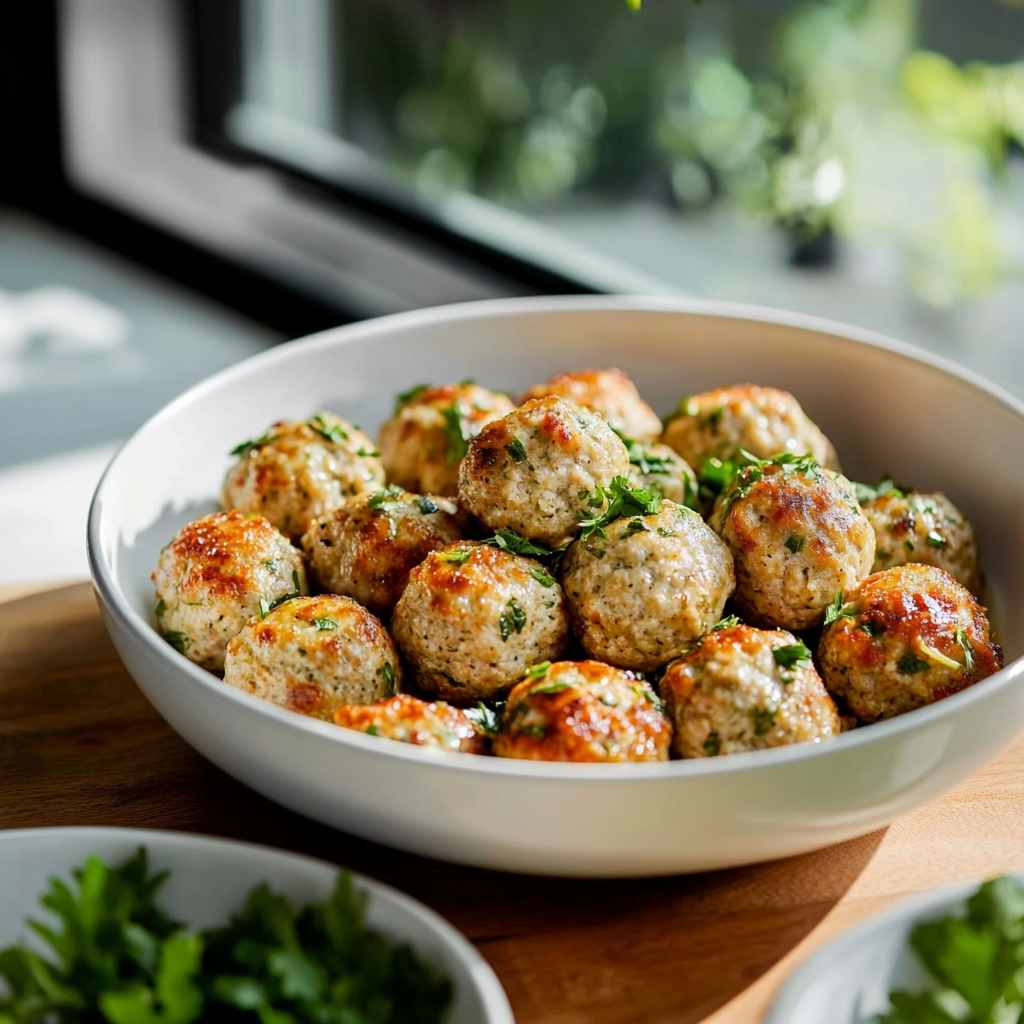
This recipe utilizes lean ground turkey as its base, making it lower in fat than traditional beef or pork meatballs. We incorporate fresh herbs and spices to enhance the flavor profile while keeping the calorie count in check. In just a little over 30 minutes, you can create a wholesome dish that everyone will enjoy.
In this article, we will guide you through the essential ingredients needed for these Healthy Turkey Meatballs and provide step-by-step instructions for creating them perfectly every time. Plus, we’ll share some valuable tips on serving and storing your leftovers effectively. So let’s dive into this culinary adventure that promises not only deliciousness but also nutritional benefits!
Main Ingredients
Ground Turkey
Ground turkey serves as the primary ingredient in our Healthy Turkey Meatballs. Opting for lean ground turkey minimizes fat content while still offering plenty of protein—perfect for maintaining muscle mass or supporting weight loss efforts. It has a mild flavor that absorbs seasonings well, making it an ideal base for flavorful meatballs.
Breadcrumbs
Breadcrumbs play a significant role in binding the ingredients together while adding texture to our meatballs. Use whole wheat breadcrumbs for added fiber and nutrition. They help retain moisture during cooking, ensuring your meatballs remain juicy rather than dry.
Egg
An egg acts as a binder in this recipe, holding all the ingredients together while adding richness and moisture. It also contributes additional protein to the dish. For those looking to reduce cholesterol intake, consider using egg whites instead.
Garlic
Garlic adds a punch of flavor to our Healthy Turkey Meatballs. Not only does it enhance taste but also provides numerous health benefits such as anti-inflammatory properties and immune support. Fresh garlic offers the best flavor compared to powdered forms.
Fresh Herbs
Fresh herbs like parsley or basil elevate the taste of your meatballs significantly. They add freshness and vibrant color while providing additional nutrients and antioxidants. Using fresh herbs rather than dried ones maximizes their aromatic qualities.
Onion
Onion brings sweetness and depth of flavor to our turkey meatball mixture. Finely chopping onion ensures it cooks evenly throughout the meatball, contributing to overall texture and taste without overwhelming other flavors.
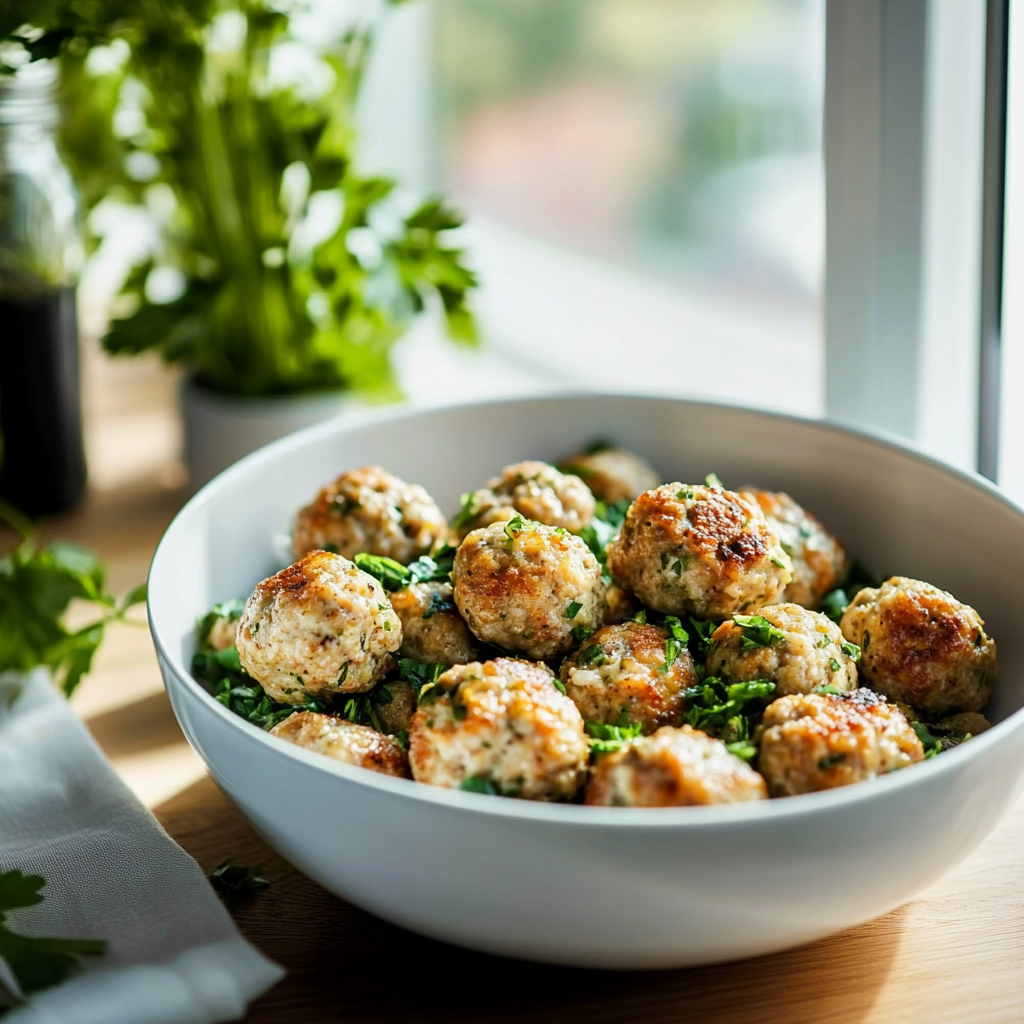
How to Prepare Healthy Turkey Meatballs
Prepare Your Ingredients
Before diving into creating your Healthy Turkey Meatballs, gather all necessary ingredients on your countertop. This preparation step makes the cooking process smoother and more enjoyable. Start by finely chopping the garlic and onion; this ensures they distribute evenly throughout your mixture.
Next, measure out your ground turkey and breadcrumbs accurately—use about one pound of lean ground turkey paired with half a cup of whole wheat breadcrumbs for optimal results. Crack one large egg into a mixing bowl alongside your prepared vegetables (onions and garlic) and any chopped herbs you’ve chosen.
Once everything is ready, preheat your oven to 400°F (200°C). This temperature allows for even cooking while promoting browning on the outside of each meatball—a crucial step for developing flavor.
Mix Ingredients Together
In a large mixing bowl, combine all prepared ingredients carefully but thoroughly; use clean hands or a spatula for best results. Be cautious not to over-mix as this could lead to tough meatballs rather than tender ones.
Season your mixture generously with salt, pepper, and any additional spices you prefer—such as Italian seasoning or red pepper flakes if you’re seeking extra heat! Form small balls from the mixture using about two tablespoons per portion; rolling them gently helps create even shapes.
Once formed, place each meatball onto a lined baking sheet spaced apart so they can cook evenly without sticking together during baking.
Bake Your Meatballs
With your oven preheated at 400°F (200°C), it’s time to bake those delicious healthy turkey meatballs! Slide your baking sheet into the oven carefully; set a timer for 20 minutes initially.
Halfway through cooking—around 10 minutes—check on their progress by flipping them over gently using tongs or a spatula; this helps brown both sides evenly while ensuring they cook through entirely without burning any edges.
After 20 minutes have passed check their internal temperature using an instant-read thermometer; it should read at least 165°F (74°C) when fully cooked! If needed return them back into the oven for an additional 5–10 minutes until desired doneness is achieved.
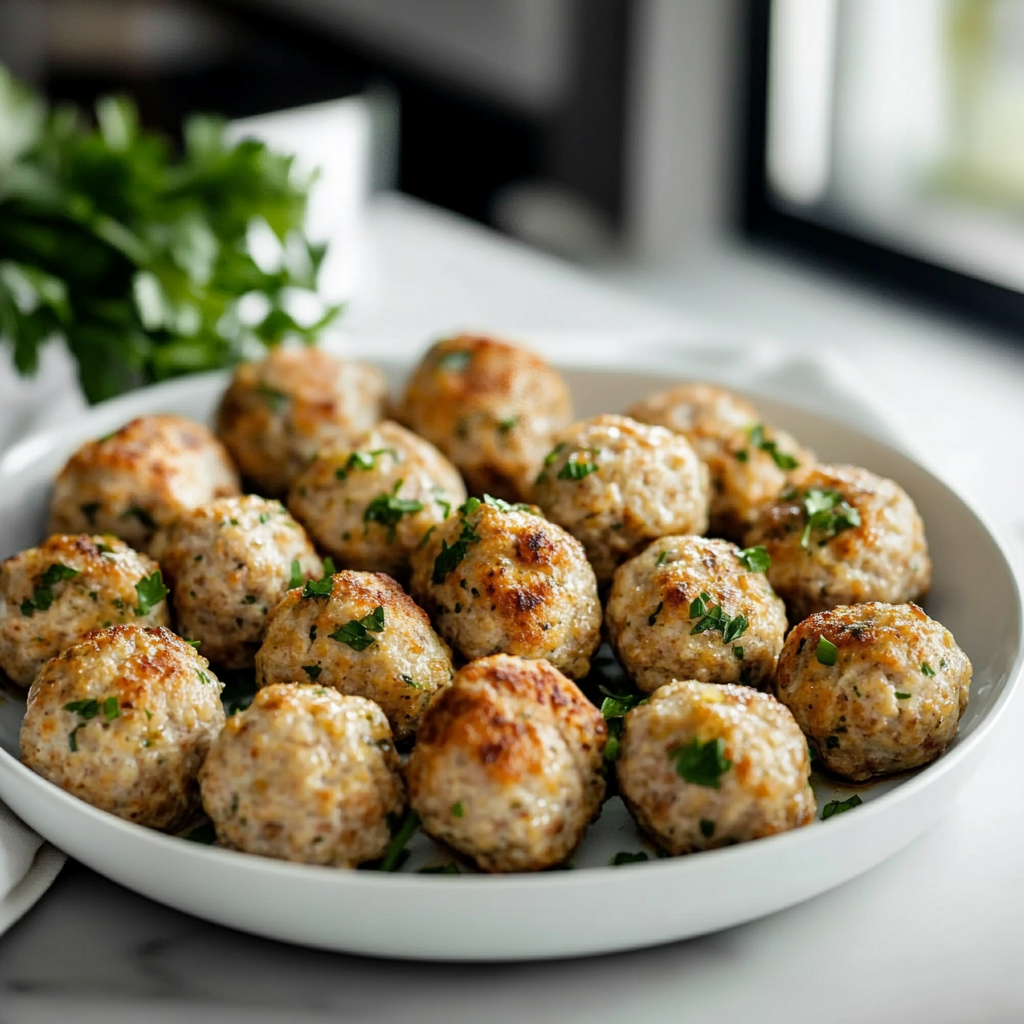
Serving and Storing Tips
Serving Suggestions
Healthy Turkey Meatballs can be served in numerous ways based on personal preference! For classic Italian flair pair them with marinara sauce over spaghetti or zucchini noodles—this creates an excellent low-carb dinner option that’s both filling yet light!
Consider placing cooked meatballs inside whole-grain pita pockets along with fresh veggies like spinach or cucumbers topped off with tzatziki sauce; this makes an ideal lunch choice! Alternatively try serving them alongside roasted vegetables or salads drizzled lightly with olive oil vinaigrette for refreshing summer meals!
No matter how you choose to serve them remember garnishing with freshly chopped herbs elevates presentation while enhancing flavors further!
Storing Leftovers Properly
If you happen to have leftover Healthy Turkey Meatballs after enjoying one of these delightful meals don’t worry—they store well! Allow cooked meatballs cool completely before transferring them into an airtight container; they can be refrigerated safely up until four days later.
For longer storage consider freezing leftover servings instead! Place cooled individual portions onto wax paper-lined trays first; freeze until solid then transfer frozen balls into resealable plastic bags labeled clearly so you know what’s inside!
To reheat simply thaw overnight in refrigerator if frozen then rewarm either in oven at 350°F (175°C) until heated thoroughly or microwave briefly just until warmed through! Enjoying these healthy delights has never been easier!
With this guide you’ll enjoy deliciously nutritious meals that satisfy cravings while keeping health goals on track! Happy cooking!
Tips and Tricks
To create the perfect healthy turkey meatballs, there are several tips and tricks that can elevate your dish. First, choose lean ground turkey. Selecting a leaner cut reduces fat while keeping the meatballs moist. Look for ground turkey labeled as 93% lean or higher for a healthier option. Adding breadcrumbs can help bind the meat together. Opt for whole-grain breadcrumbs for added fiber and nutrients.
Next, flavor is key. Incorporate fresh herbs such as parsley, basil, or oregano to enhance the taste of your healthy turkey meatballs. You can also add minced garlic and chopped onions for extra flavor. Mixing in grated vegetables like zucchini or carrots will not only provide moisture but will also increase the nutritional content.
When it comes to cooking, baking is a healthier alternative to frying. Arrange your meatballs on a baking sheet lined with parchment paper and bake them in the oven at 400°F (200°C) for about 20-25 minutes until they are cooked through. This method allows excess fat to drip away while maintaining juicy meatballs.
Lastly, let the turkey meatballs rest after cooking. This step allows the juices to redistribute, resulting in more flavorful bites. Pair your healthy turkey meatballs with a homemade marinara sauce made from fresh tomatoes, garlic, and herbs for a wholesome meal that is both satisfying and nutritious.
Suggestions for Healthy Turkey Meatballs
While making healthy turkey meatballs can be straightforward, there are common mistakes you should avoid. One major error is using too much filler. While breadcrumbs help bind the mixture, using excessive amounts can result in dry and crumbly meatballs. Stick to a moderate amount—about 1/4 cup for every pound of turkey—to maintain that juicy texture.
Another common mistake involves overcooking the meatballs. Cooking them at too high a temperature or for too long can lead to tough, dry results. Always check for doneness with a meat thermometer; aim for an internal temperature of 165°F (74°C). This ensures that they are safely cooked through while retaining their moisture.
Don’t forget about seasoning! Many people under-season their turkey meatballs thinking they’ll be healthy without much flavor. Use salt judiciously but do not skimp on herbs and spices that will make your dish pop. Consider adding red pepper flakes or smoked paprika for an unexpected kick.
Additionally, avoid skipping the resting period after cooking. Many cooks immediately serve their meatballs right off the heat, but this can lead to all those delicious juices running out when cut into. A short rest allows meats to retain moisture and enhances flavor significantly.
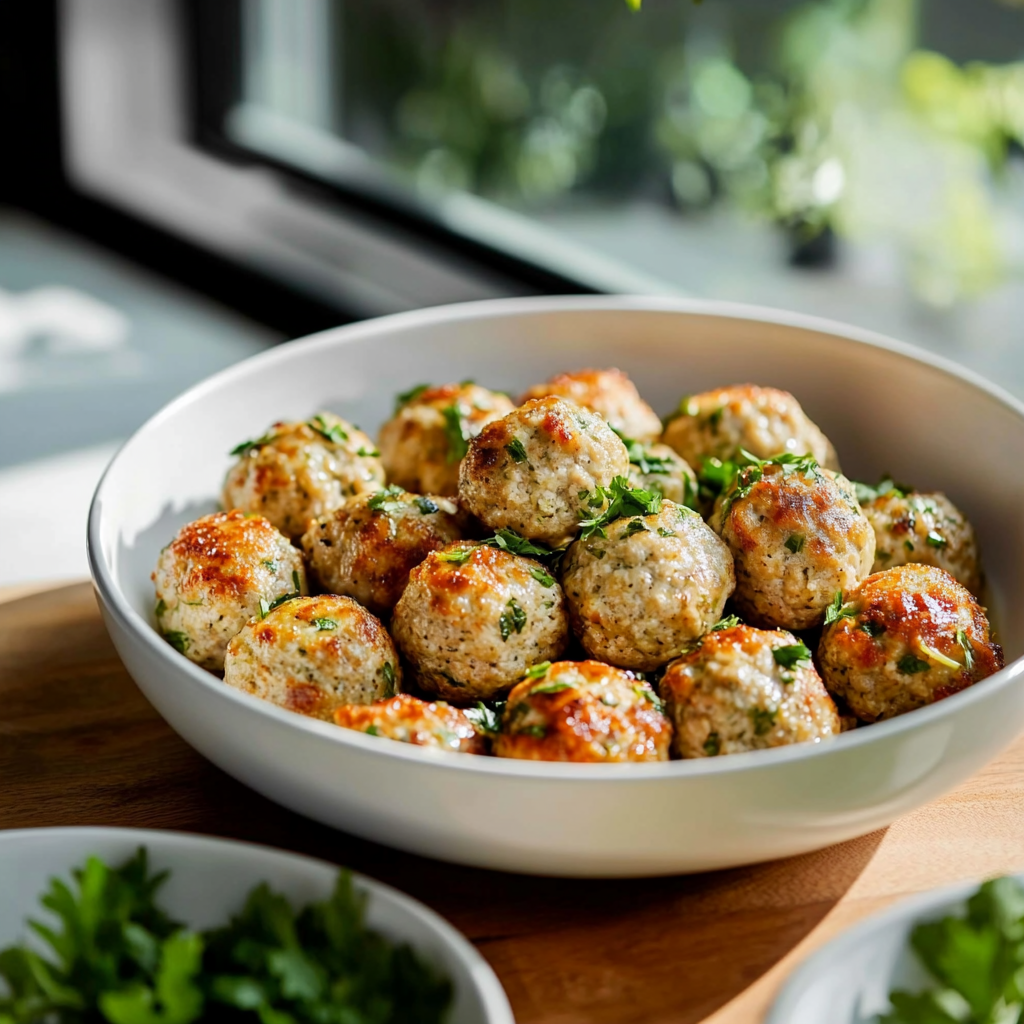
FAQs
What ingredients are best for healthy turkey meatballs?
The best ingredients for healthy turkey meatballs include lean ground turkey, whole-grain breadcrumbs, fresh herbs like parsley or basil, minced garlic, chopped onions, and grated vegetables such as zucchini or carrots. These elements boost both flavor and nutrition while keeping calories in check.
How do I ensure my healthy turkey meatballs stay moist?
To keep your healthy turkey meatballs moist, use lean ground turkey rather than extra-lean varieties which may dry out easily. Incorporating ingredients like grated vegetables adds moisture without additional fat. Additionally, avoid overcooking by checking internal temperatures early and allowing them to rest after baking.
Can I freeze healthy turkey meatballs?
Yes! Healthy turkey meatballs freeze exceptionally well. After cooking them thoroughly and allowing them to cool completely, place them in airtight containers or freezer bags before storing them in the freezer. They can last up to three months when frozen properly.
What should I serve with my healthy turkey meatballs?
Healthy turkey meatballs pair wonderfully with various sides like whole grain pasta tossed in marinara sauce or zucchini noodles for a low-carb option. You can also serve them alongside roasted vegetables or a fresh salad drizzled with olive oil and lemon juice for a nutritious meal.
Are there alternatives to breadcrumbs in healthy turkey meatballs?
Absolutely! Alternatives include oats, almond flour, or crushed nuts which provide similar binding properties without sacrificing health benefits. You could also use cooked quinoa or rice as creative substitutes that add texture while keeping it gluten-free.
How do I prevent my healthy turkey meatballs from falling apart?
To prevent your healthy turkey meatballs from falling apart during cooking, ensure you have enough binder like breadcrumbs or eggs in your mixture. Avoid overmixing as it can cause toughness; gently combine ingredients until just mixed before shaping into balls.
Conclusion
In summary, creating delicious and nutritious healthy turkey meatballs involves careful ingredient selection and attention to cooking techniques. By choosing lean ground turkey along with flavorful herbs and veggies, you can craft meals that are both tasty and health-conscious. Avoid common pitfalls such as overcooking or excessive fillers to maintain moisture and taste.
Resting your cooked meatballs allows flavors to meld beautifully while ensuring every bite is succulent. Freezing extras provides convenient meal options later on without compromising quality or taste.
Overall, these steps will help you master the art of making healthy turkey meatballs that satisfy cravings without guilt—perfect for family dinners or meal prep alike!

